For several decades, residents in Austria have enjoyed stability and an ongoing high standard of living, but the Alpine Republic has been shaken by recent global events – like many of its neighbours.
First, there was Covid-19 that brought up various political issues across the country, most notably in relation to vaccination.
Then, just as it seemed the pandemic was being brought under control, Russia invaded Ukraine, sending shockwaves of anxiety across the continent and sending energy prices skyrocketing.
FOR MEMBERS: Reader question: Should I buy an electric heater in Austria this winter?
More recently, Europe has also hit new records when it comes to high temperatures with many regions now suffering from drought – something that is impacting Austria too.
These are all challenges that require immediate and long-term solutions, and are set to impact residents in Austria in the foreseeable future.
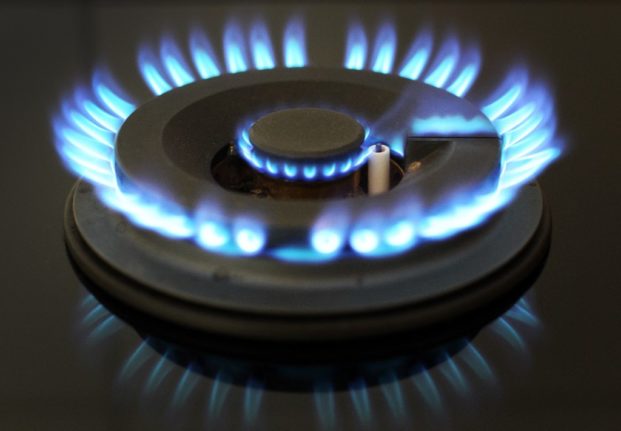
Energy crisis
Rising energy costs is a multi-faceted problem as it impacts everything from the price of petrol and diesel at the pumps, to the cost of heating a home in the winter. And with the autumn and winter season looming, this is a challenge that needs immediate attention.
Since Russia invaded Ukraine in February and the subsequent rounds of economic sanctions imposed by the EU, it has become acutely obvious just how much Austria relies on Russia for energy.
Up until very recently, Austria sourced around 80 percent of its entire natural gas consumption from Russia. This has put Austria in a tricky situation as the government has condemned the war and publicly declared solidarity with Ukraine and EU sanctions, while also having to ensure the gas supply from Russia remains intact.
READ ALSO: Energy crisis: What to do in case of a power outage in Austria
So far, Austria is still receiving gas imports from Russia (albeit at a lower than contracted level), but the government activated the “gas alert” in April as part of its emergency plan to ensure gas supply for the country amid fears that Russia could cut supplies to western countries.
There are three stages in the emergency plan. Only the third one contains the possibility of adopting energy control measures such as rationing. However, E-Control, government’s energy regulator, said the measures do not target households but industries instead.
All of this has resulted in a steep increase in energy prices and high inflation (more on that below), with no sign of it slowing down any time soon.
In fact, energy companies in Lower Austria and Vienna announced further price rises for both gas and electricity just last week. This was shortly after the Austrian Federal Government announced plans for a nationwide electricity price cap with the aim to bring prices to a “more favourable price at pre-war levels”.
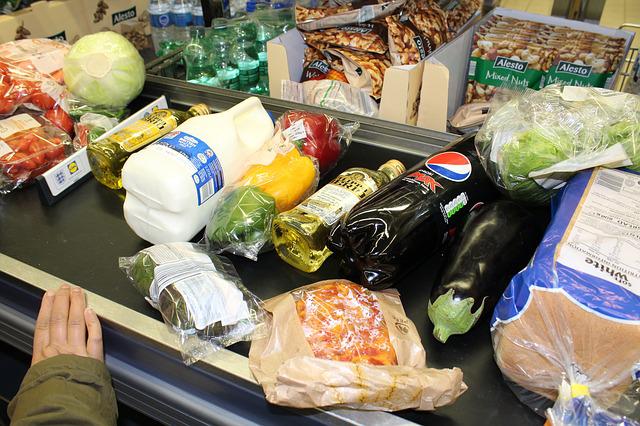
Inflation
In July, inflation in Austria hit 9.2 percent, leading to many essential items becoming increasingly more expensive.
So far, the wave of inflation (that has been steadily increasing since early 2022) has mostly affected energy and food prices but has now also arrived in the gastronomy sector, with rising prices in bars and restaurants across the country.
As a result, household budgets across Austria are being tightened and a recent survey by Swiss Life revealed that more than 50 percent of Austrians do not feel financially well prepared for any unexpected turns in life.
READ MORE: Cost of living: Why are restaurants getting more expensive in Austria?
As with rising energy prices, inflation is not expected to slow down in the coming months, and the government has now stepped in to help Austrian residents with the high cost of living with a series of one-off payments.
The measures include a “special family payment” of €180 per child in August, a €300 payment for low income and vulnerable people in September and a €500 bonus for everyone in Austria. The latter is made up of €250 as a Klimabonus (the planned climate bonus) and €250 as an anti-inflation payment (Teuerungsbonus), which will be paid out in October.
READ ALSO: When will you get your cost of living ‘bonus’ payments in Austria?
However, despite the government payments, Austrian residents are still set for an expensive autumn and winter season.
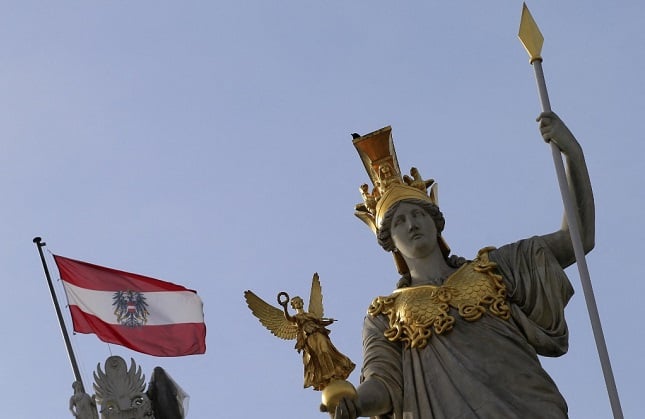
Neutrality
Austria is committed to a stance of “engaged neutrality” while avoiding membership of a global military alliance, like NATO, and most Austrians agree with this approach.
But the war in Ukraine has raised many questions about the sustainability of Austria’s neutrality and resulted in the publication of an open letter in May to Austria’s Federal President, Federal Government and National Council.
The letter, which was published in German and English, said: “Our neutrality – interpreted very flexibly in practice – was never checked for its current expediency, but raised to the supposedly untouchable myth.
“As an EU member and participant in the EU’s common security and defence policy, Austria is already obliged to show solidarity. Given the current threat, there needs to be a debate without blinkers.”
READ MORE: EXPLAINED: Why isn’t Austria in NATO?
At the time, The Local also talked to neutrality expert Martin Senn, Professor of International relations at the University of Innsbruck and Lecturer at the Vienna School of International Studies, who said neutrality can no longer be a ‘marginal issue” in Austria.
Senn told The Local: “In my view, it’s important for Austria to come to terms with the tensions between neutrality and solidarity in Europe.
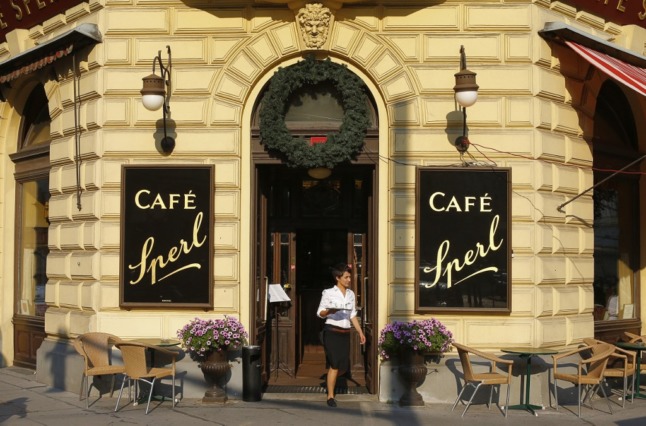
Labour shortage
A labour shortage is not a problem unique to Austria as the global workforce ages, birth rates decline and unemployment remains low.
But some essential businesses in Austria, like Vienna’s transport network, are now thinking outside of the box to attract more workers.
READ ALSO: Working in Austria: Why foreigners find it hard to integrate in the workplace
Vienna’s state-owned public transport company, Wiener Linien, is lowering the German language requirements and offering a 4-day work week in a bid to boost it’s team by hundreds of workers, as reported by The Local.
Why? Because in 2022, the company responsible for the buses, trams, and metros across Vienna will see around 600 employees from the so-called “baby boomer generation” retiring, which means they need to recruit hundreds of new employees.
Additionally, earlier this year, the federal government announced a comprehensive reform in its residence permits and work visas to attract more workers into shortage occupations and make it easier for high-skilled professionals to immigrate to Austria.
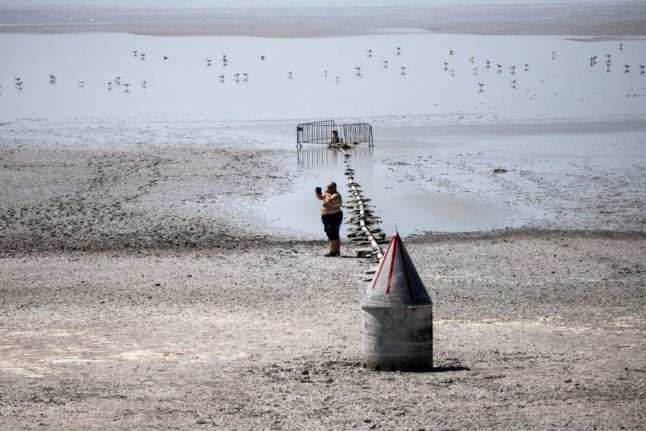
Climate crisis
It’s no secret that temperatures have been high across Austria this summer, and while many have welcomed the long, hot days, the heat is having a negative effect on Austria’s water reserves.
In July, popular holiday location Lake Neusiedl in Burgenland reached its lowest levels in almost 20 years. This led to the Austrian and Hungarian governments announcing a joint plan to protect the water level in the lake, including a canal of fresh water from the Danube River.
The plan was met by criticism from environmental activists who say the lake drying up is part of the natural cycle, but many farmers and tourism businesses in the region rely on the water for their livelihoods.
FOR MEMBERS: How to avoid getting heat exhaustion in Austria’s scorching weather
Similarly, forests in Lower Austria (including the Vienna Woods) are being hit by drought conditions due to low ground water levels, according to ORF. This follows several years of limited snow and rainfall in autumn and winter in the region, and forest managers are now debating the best course of action to tackle the problem.
Changes are also taking place in the Alps with temperatures rising by nearly two degrees Celsius in the past 120 years — almost double the global average, according to the International Commission for the Protection of the Alps (CIPRA).
In Austria, the Jamtal glacier has been losing about one metre (three feet) from its surface annually. But this year it has already lost more than a metre, and there are predictions that the glacier could completely disappear within five years.
For environmentalists and alpinists, this is a looming disaster. And for the government, Austria’s changing climate is another crucial issue that requires an urgent risk management plan for the future.

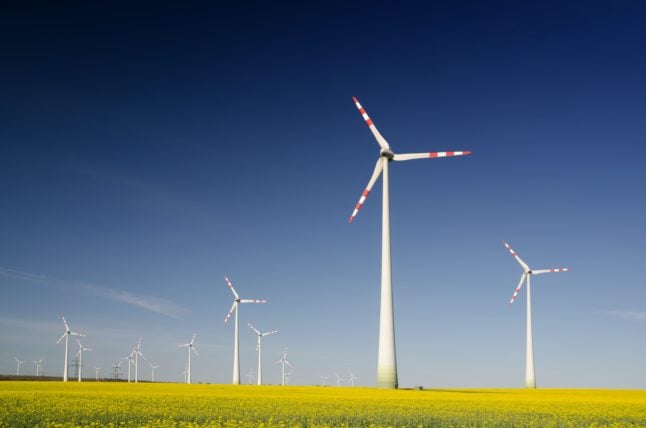
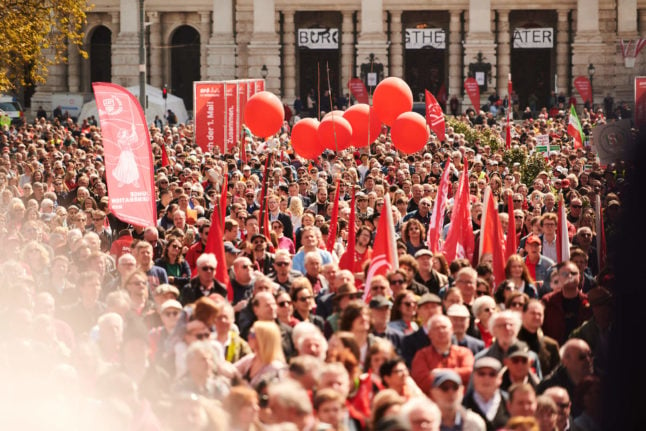
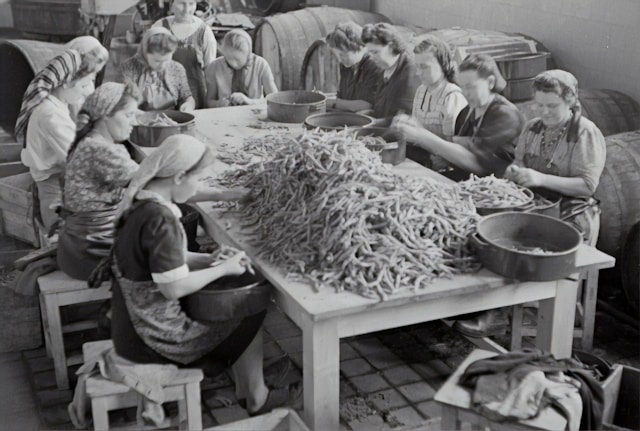
 Please whitelist us to continue reading.
Please whitelist us to continue reading.
Member comments